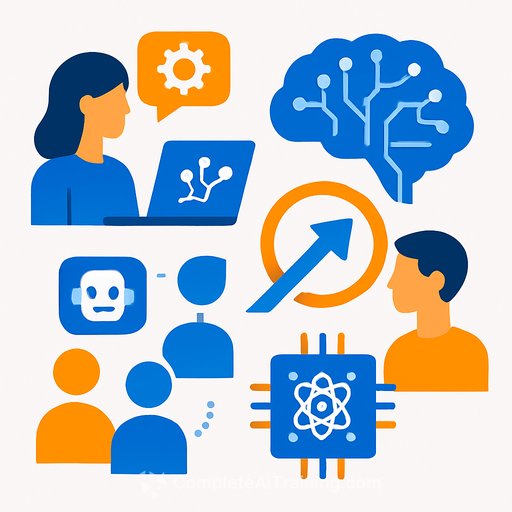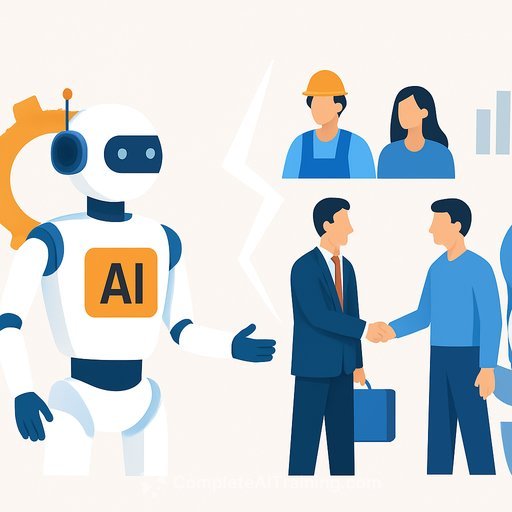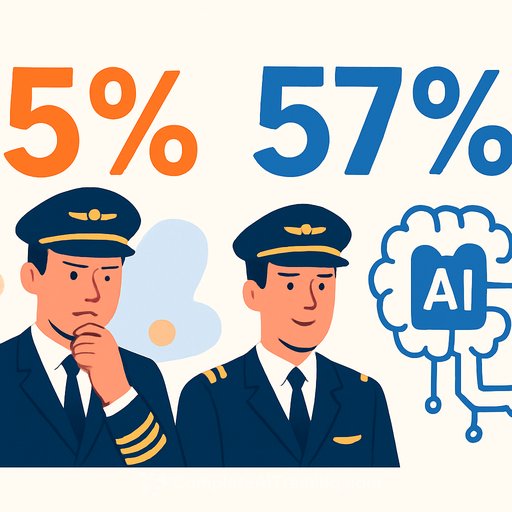Google DeepMind CEO’s Straightforward Take on Meta’s AI Talent Spending
Meta is aggressively investing in AI talent, offering compensation packages reportedly exceeding $100 million to attract top engineers. This high-stakes competition aims to close the gap with leaders like Google DeepMind and OpenAI. While the escalating costs raise industry concerns, some researchers remain motivated by mission-driven goals rather than financial rewards.
The AI Talent War Intensifies
The AI talent market has heated up significantly in recent months. Meta, led by Mark Zuckerberg, stands out for its aggressive recruitment tactics, offering unprecedented pay to lure researchers from top labs such as OpenAI. This approach has already brought high-profile hires on board, fueling an intense battle for talent and raising concerns about sustainability and competition within the tech industry.
Demis Hassabis, CEO of Google DeepMind, addressed Meta’s spending strategy during a recent Lex Fridman podcast. He stated plainly that Meta’s aggressive recruitment is a direct response to its current standing behind AI frontrunners. According to Hassabis, Meta’s actions are “probably rational” given they are “not at the frontier” and need to catch up.
Meta’s recruitment has attracted notable figures such as former GitHub chief Nat Friedman, ex-Scale AI CEO Alexandr Wang, and several ex-OpenAI researchers including Shengjia Zhao, Shuchao Bi, Jiahui Yu, and Hongyu Ren.
Money Isn't the Only Motivator
However, the competition for AI talent isn’t driven solely by financial incentives. Hassabis highlighted that many in the AI community prioritize safely managing AI technology. Beyond market-rate salaries, there is a strong focus on mission and ethical stewardship.
This perspective aligns with Benjamin Mann, cofounder of Anthropic, a company emphasizing mission-driven AI research. Mann noted that Anthropic’s team is “much less affected” by the talent war because their work centers on a broader impact: “affecting the future of humanity.” He contrasted this with Meta’s primary goal, which he sees as “making money.”
Compensation in AI: Already Sky-High
AI professionals command significant salaries across the board. Recent visa filings reveal OpenAI offers an average technical staff salary of $292,115, with top roles reaching $530,000. Anthropic offers even higher averages, with some positions topping $690,000. This ongoing competition highlights how companies are willing to pay enormous sums to secure talent they believe will define future technology.
For executives and strategists, these developments underscore the importance of aligning talent acquisition with both market realities and organizational mission. Balancing compensation with purpose could be key in attracting and retaining AI experts.
To explore practical AI training and courses that align with industry demands, visit Complete AI Training’s latest courses.
Your membership also unlocks:






